Introduction to Valsartan-Hydrochlorothiazide and Pregnancy
As an expectant mother, it's natural to have concerns about the medications you're taking and how they might affect your unborn baby. One such medication is Valsartan-Hydrochlorothiazide, which is commonly prescribed to treat high blood pressure. In this article, we'll explore the safety concerns surrounding the use of Valsartan-Hydrochlorothiazide during pregnancy, as well as alternative treatment options that may be available. It's important to remember that the information provided in this article should not replace the advice of your healthcare provider, and any concerns you have should be discussed with them directly.
Understanding Valsartan-Hydrochlorothiazide
Valsartan-Hydrochlorothiazide is a combination medication that contains two active ingredients: Valsartan, an angiotensin receptor blocker (ARB), and Hydrochlorothiazide, a diuretic. Together, these two medications work to lower blood pressure by relaxing the blood vessels and helping the body get rid of excess water and salt. This medication is commonly prescribed to people with high blood pressure who have not responded well to other treatments or who require additional blood pressure control.
Safety Concerns in Pregnancy
There are several safety concerns associated with the use of Valsartan-Hydrochlorothiazide during pregnancy, especially during the second and third trimesters. Research has shown that the use of ARBs, such as Valsartan, can lead to birth defects, kidney problems, and even death in the developing fetus. Additionally, the use of diuretics like Hydrochlorothiazide during pregnancy can cause an imbalance in electrolytes, which can lead to complications for both the mother and the baby.
FDA Pregnancy Category
The US Food and Drug Administration (FDA) classifies Valsartan-Hydrochlorothiazide as a Pregnancy Category D medication, which means there is evidence of human fetal risk, but the potential benefits of the drug for the mother may still outweigh the potential risks in some cases. However, it's important to note that the risks associated with this medication are generally considered to be too high for use during pregnancy, and alternative treatments should be explored.
Discussing Your Medications with Your Healthcare Provider
If you're pregnant or planning to become pregnant, it's essential to discuss all of your medications, including Valsartan-Hydrochlorothiazide, with your healthcare provider. They will be able to evaluate your specific situation and determine whether the benefits of this medication outweigh the potential risks for you and your baby. If it's determined that Valsartan-Hydrochlorothiazide is not safe for you during pregnancy, your healthcare provider will likely recommend an alternative treatment option.
Alternative Treatment Options for High Blood Pressure
Fortunately, there are several alternative treatment options available for managing high blood pressure during pregnancy. These may include:
- Alternative medications: Some blood pressure medications are considered safer for use during pregnancy, such as certain beta blockers and calcium channel blockers. Your healthcare provider can help determine which medication is best for your situation.
- Lifestyle changes: In some cases, making changes to your diet, exercise routine, and stress management practices can help lower your blood pressure. Your healthcare provider can provide guidance on which changes may be most beneficial for you.
- Monitoring: Regular monitoring of your blood pressure and the health of your baby can help your healthcare provider make informed decisions about your treatment plan and ensure the best possible outcome for both you and your baby.
Managing High Blood Pressure After Pregnancy
It's important to continue managing your high blood pressure after your baby is born, as uncontrolled high blood pressure can lead to serious health complications for both you and your baby. Your healthcare provider can help determine the best course of treatment for you, which may include resuming Valsartan-Hydrochlorothiazide or exploring other treatment options. Remember to always discuss any concerns you have with your healthcare provider, and follow their guidance to ensure the best possible outcome for you and your family.
Conclusion
While Valsartan-Hydrochlorothiazide is an effective treatment for high blood pressure, its use during pregnancy is associated with significant safety concerns. If you're pregnant or planning to become pregnant, it's essential to discuss your medications with your healthcare provider and explore alternative treatment options. By working closely with your healthcare team, you can help ensure the best possible outcome for both you and your baby.
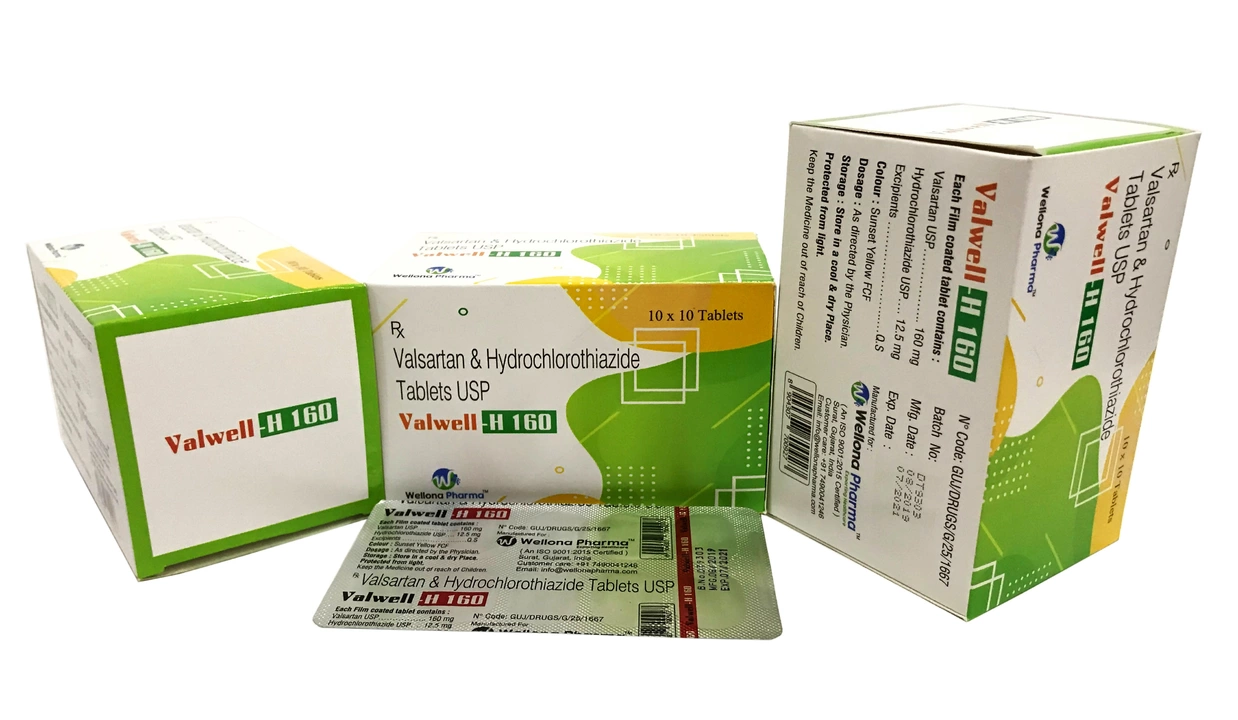
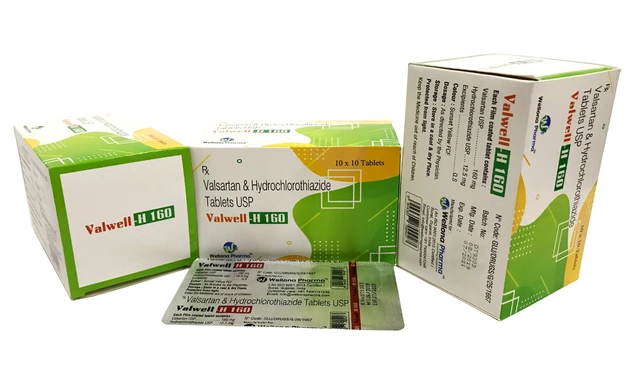
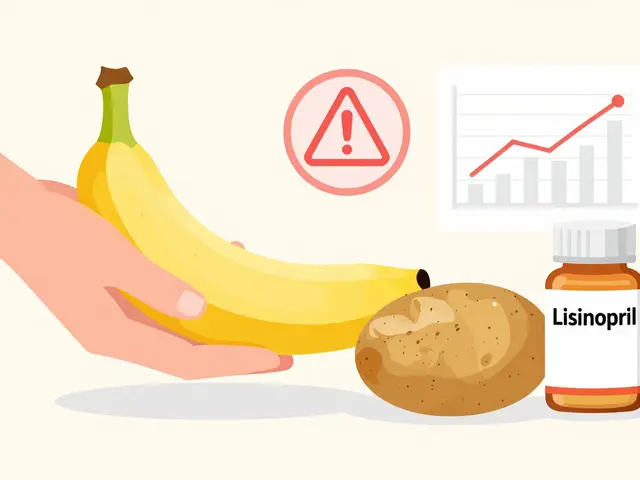
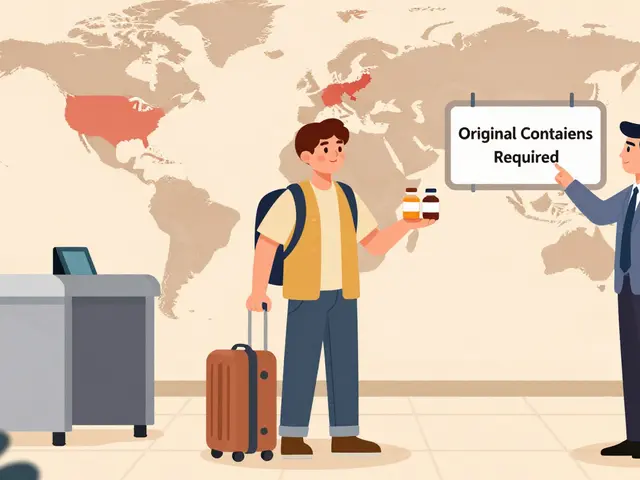
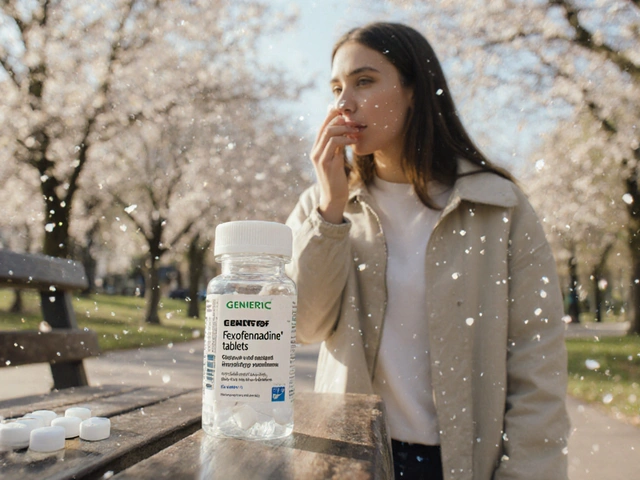

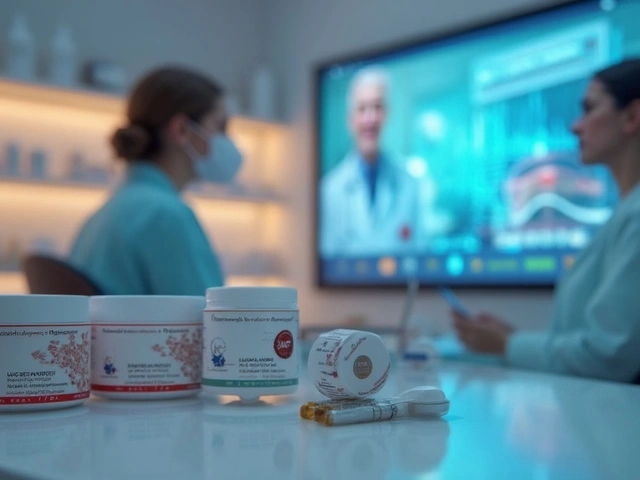

Rod Maine June 12, 2023
One must appreciate the nuanced pharmacodynamics of the valsartan-hydrochlorothiazide amalgam; its dual mechanistic approach ostensibly offers superior antihypertensive efficacy, yet the teratogenic potential of the ARB component cannot be casually dismissed. The literature elucidates that fetal renal agenesis and oligohydramnios are documented sequelae, and clinicians should exhibit due diligence when contemplating its peri‑conceptional administration. Moreover, the thiazide moiety may precipitate hyponatremia, compounding maternal‑fetal electrolyte disarray. In light of these considerations, I would counsel patients to engage in a thorough risk‑benefit discourse with their obstetrician‑gynecologist. Nevertheless, should the therapeutic index be deemed acceptable, vigilant monitoring of renal function and serum electrolytes is indispensible. Ultimately, the decision rests upon a judicious appraisal of both maternal cardiovascular stability and embryonic safety-definately not a choice to be made in vacumm.
Othilie Kaestner June 12, 2023
America's doctors know best.
Sebastian Samuel June 12, 2023
Listen, if you're pregnant and still on that combo, you're basically flirting with disaster 😱. The ARB portion can slam the baby's kidneys into a shutdown, and the diuretic will yank electrolytes like a bad plumber 🚱. I get that switching meds feels like a hassle, but the stakes are way higher than a few extra pills. Trust me, no one wants to see a newborn with kidney failure because a prescription wasn't swapped in time. 👉 Talk to your provider ASAP and get a safer alternative on board. Your baby deserves a clean start, not a chemical gamble.
Mitchell Awisus June 12, 2023
Hey folks, I totally get the worry about valsartan‑hydrochlorothiazide-it's a legitimate concern!; however, there are plenty of viable substitutes, such as labetalol or nifedipine, that have been studied extensively in pregnant populations; these options often provide comparable blood pressure control without the associated teratogenic risks. Additionally, lifestyle modifications-like low‑sodium diets, regular aerobic activity, and stress‑reduction techniques-can synergistically enhance pharmacologic therapy, making it easier to achieve target readings. Remember, the key is a collaborative approach with your OB‑GYN and cardiologist; together you can tailor a regimen that safeguards both mother and child.
Annette Smith June 12, 2023
When a woman carries a new life, every decision she makes becomes a part of that tiny being’s story. The medicine she takes can either help keep her heart strong or accidentally hurt the baby growing inside. Valsartan‑hydrochlorothiazide works well for many people with high blood pressure, but the part of it called an ARB can damage a baby's kidneys. Doctors have seen cases where the baby’s kidneys did not develop correctly, leading to serious problems after birth. The diuretic side of the drug can also make the mother lose too much salt and water, which is not good for either of them. Because of these risks, many experts say this medicine should be stopped as soon as a woman finds out she is pregnant. There are other medicines, like labetalol, that are much safer during pregnancy and still control blood pressure well. Some doctors also use calcium channel blockers, which have been studied a lot in pregnant women. Besides pills, simple changes in daily life can make a big difference: eating fresh fruits and vegetables, walking a little each day, and taking deep breaths when feeling stressed. All of these habits help lower blood pressure naturally. It is also important to check blood pressure often, so any problems are found early. Regular visits to the doctor give a chance to adjust treatment before anything gets out of hand. Even after the baby is born, the mother should keep an eye on her blood pressure because it can rise again. The doctor may decide to go back to the original medicine if the risk to the baby is gone, but sometimes a different drug is still a better choice. In any case, the mother should never feel alone in making these choices; a caring medical team can guide her step by step. By listening to both the science and her own body, she can protect her health and give her child the best possible start in life.